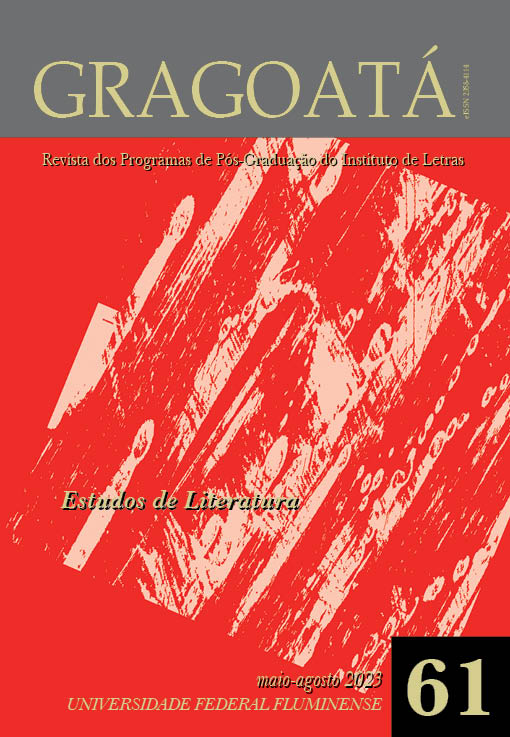Intellectual Nomadism and Geopoetics
Interview with Susana L.M. Antunes & Régis Poulet

The Review
2023
Bilingual (Portuguese / English) interview
9 pages
Online review of Universidade Federal Fluminense
ISSN: 2358-4114
Gragoatá, Vol. 28 No 61 (maio-agosto 2023): Literatura, natureza e compromisso ético: olhares ecocríticos
Extract
Régis POULET: It is clear that in many parts of society, concern about climate change and the disappearance of the diversity of living things is pushing many minds to ask questions about our ways of thinking and living. Very often, however, we find that the questions (and the proposed solutions) only address part of the problem. What do you think is the fundamental question that needs to be asked?
Kenneth WHITE: Maybe the fundamental question to be asked is: what is really fundamental? Hard to even put such a question in a superproductive society that is perpetually soliciting our attention, urging us to do this or that, buy this or that, engage in debates on this or that. It can only be cogently put after a deal of existential experience, a dose of intellectual cogitation, and a clearing-up of space-time. That’s why I engage in this activity of writing books. And a certain type of books. Among them, think-tank books of essays leading, I would hope, to understanding. Understanding being not only an intellectual pleasure in itself, freeing the mind, but the necessary basis for any worthwhile change. Let’s remind ourselves, we’re living in this age at the tail end of Modernity. Which radically understood (not just a fast turnover of modes), in the mind of René Descartes, meant a separation of the subject (res cogitans, the self) and the object (res extensa, the Earth), and a project: the mastering of nature. In the 17th century, the mastery was mechanical. Now, as we all know, humanity has other means at its disposal. The individual can try to forget it, pop a few drugs, do a little rock’n’roll and wait for the Apocalypse. But that’s not very interesting. The thing now is to open up a new context. If I lay out this context in my essays, I put it into action in what I call waybooks, which open a way out of a more and more coded labyrinth. And I worked out a type of poem that goes beyond most of what is normally understood by “poetry” in contemporary society.
Susana L. M. ANTUNES: A lot of people hearing you speak will say, but we’ve got it, or are moving towards it. It’s ecology.
Read and download the whole interview in English or Portuguese.
Comment
His last interview gave Kenneth White great satisfaction. “One of the best I have done,” he said. (RP)